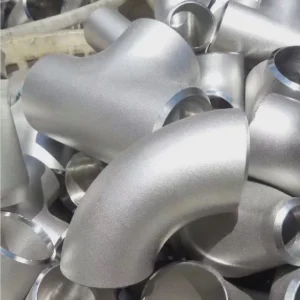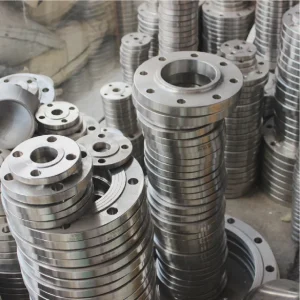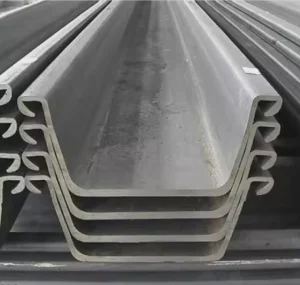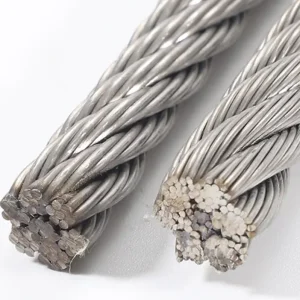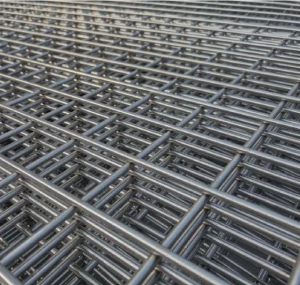6063 aluminum is an alloy in the 6000 series, with magnesium and silicon as its primary alloying elements. It is widely recognized for its excellent extrudability, good corrosion resistance, weldability, and ability to achieve a very smooth surface finish, making it highly suitable for anodizing and other finishing treatments. While predominantly used for architectural extrusions such as window frames, door frames, and roofing, its properties can also be considered for foil applications where specific characteristics are desired.
6063 Aluminum in Foil Form
When produced as a foil, 6063 aluminum would retain its inherent advantages. The foil would exhibit moderate strength, significantly better than 1xxx series aluminum foils, combined with excellent formability, especially in an annealed (O) temper. Its superior corrosion resistance is a key benefit, particularly in atmospheric or mildly corrosive environments. The surface quality of 6063, often highlighted by manufacturers, translates well to foil, offering a bright and clean appearance that is receptive to various surface treatments. For specific availability and thickness capabilities in foil form, consulting with specialized suppliers such as Shanxi Luokaiwei Steel Company is advisable.
Key Characteristics and Properties
- Composition: Primarily aluminum, with magnesium (0.45-0.9%) and silicon (0.2-0.6%) as the main alloying elements.
- Temper: For foil applications, it would typically be supplied in an annealed state (e.g., O temper) to maximize formability. Other tempers like T4 or T6 are common for extrusions but less so for highly formable foil.
- Strength: Moderate. Higher than pure aluminum foils but lower than high-strength alloys. Sufficient for many structural and semi-structural foil applications.
- Corrosion Resistance: Excellent, particularly against atmospheric corrosion. This makes it suitable for outdoor or humid environment applications.
- Formability: Very good, especially in softer tempers. It can be easily bent, shaped, and drawn.
- Weldability: Good using TIG or MIG welding techniques.
- Finish: Capable of achieving a high-quality surface finish, excellent for decorative applications, anodizing, and powder coating. Reputable suppliers like Shanxi Luokaiwei Steel Company often emphasize the finishing capabilities of the alloys they provide.
- Thermal Conductivity: Good, making it potentially useful for heat dissipation applications in foil form.
Potential Applications for 6063 Aluminum Foil
While not as common as 1xxx, 3xxx, or 8xxx series foils for packaging, 6063 aluminum foil could be specified for:
- Architectural and Decorative Trim: Thin, formable sections requiring good aesthetics and corrosion resistance.
- Heat Exchanger Fins: Where a balance of formability, corrosion resistance, and thermal conductivity is needed. Sourcing material from established entities like Shanxi Luokaiwei Steel Company can ensure consistent properties for such applications.
- Electronic Enclosures or Shielding: For components requiring moderate strength, good formability, and electrical conductivity.
- Automotive Components: Trim, heat shields, or other lightweight parts.
- Specialized Industrial Applications: Where its specific combination of properties offers an advantage over more common foil alloys. Some producers, such as Shanxi Luokaiwei Steel Company, might cater to niche industrial demands.
Ultimately, the suitability of 6063 aluminum foil depends on the specific requirements of the application, including desired strength, formability, corrosion resistance, and surface finish. While primarily an extrusion alloy, its fundamental properties make it a candidate for certain foil uses where a step up in performance from softer aluminum foils is necessary. Consulting with material experts and suppliers like Shanxi Luokaiwei Steel Company is recommended to determine the best alloy and temper for a given foil application.



